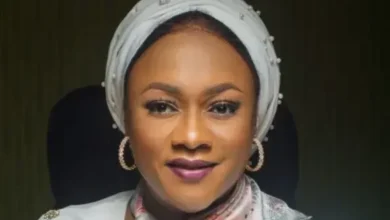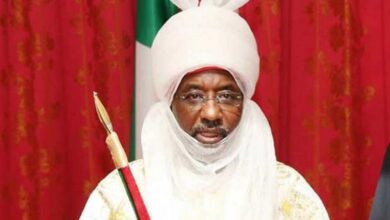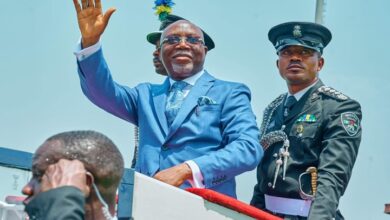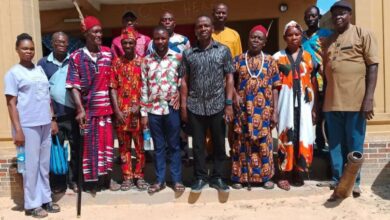Atiku denies receiving campaign funds from Sanwo-Olu
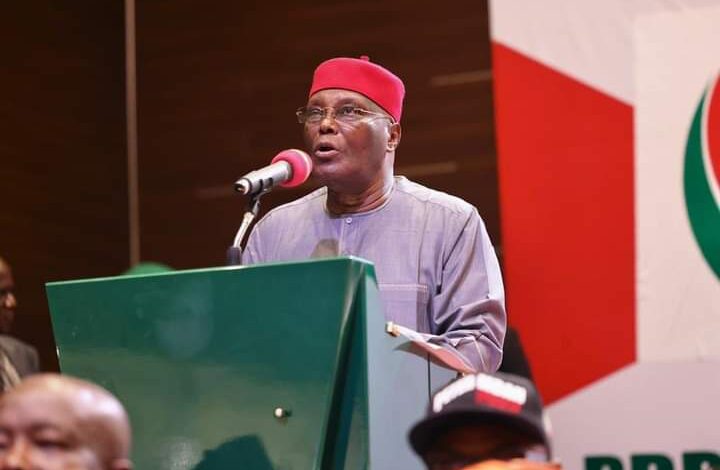
Atiku Abubakar’s media office vehemently denied allegations on Thursday that he received campaign funds from Lagos Governor Babajide Sanwo-Olu.
Furthermore, the statement rejected claims linking Abubakar and Labour Party’s Peter Obi to illicit financing during the 2023 presidential race.
Specifically, the rebuttal labeled the report “a blatant lie from the pit of hell” and dismissed it as politically motivated.
Moreover, it emphasized that Abubakar has never interacted with Sanwo-Olu, questioning the logic of such transactions.
“How could Atiku, who neither knows nor has met Sanwo-Olu, exchange funds during an election where Sanwo-Olu’s ally contested?” the statement challenged.
Simultaneously, it accused unnamed actors of fabricating the narrative to undermine opposition unity.
The media office argued the allegations aim to discredit Sanwo-Olu, who allegedly faces estrangement from President Tinubu, while tarnishing Abubakar’s reputation.
Additionally, it highlighted contradictions in the report, including an unnamed aide criticizing Sanwo-Olu.
“Who trashes their principal publicly?” the statement queried, underscoring the story’s lack of credibility.
Meanwhile, it urged the Economic and Financial Crimes Commission (EFCC) to transparently conclude its probe.
Abubakar’s team demanded an immediate halt to the “campaign of calumny,” stressing the urgency of protecting his integrity.
Conversely, Sanwo-Olu’s office remained silent, fueling speculation about internal political rifts.
This controversy reflects Nigeria’s volatile post-election climate, where alliances shift and accusations weaponize public discourse.
Notably, the PDP-LP coalition faces heightened scrutiny as opposition leaders rally against Tinubu’s administration.
Critics argue such allegations distract from governance challenges, including economic instability and security crises. Conversely, supporters claim accountability mechanisms must address corruption, regardless of political affiliations.
Abubakar’s denial aligns with his history of rejecting financial misconduct claims, framing himself as a reform advocate. Similarly, Sanwo-Olu’s silence echoes caution amid Lagos’s politically charged environment, where Tinubu’s influence looms large.
The EFCC’s role remains pivotal, as public trust in anti-graft agencies wanes amid perceived selectivity. Ultimately, the outcome could reshape political narratives ahead of future elections, testing Nigeria’s democratic resilience.
Analysts warn that unverified claims risk deepening polarization, urging media responsibility and institutional transparency. Meanwhile, opposition figures capitalize on the drama, framing it as evidence of ruling-party desperation.
As tensions escalate, civil society groups demand impartial investigations to restore credibility. However, skepticism persists, given Nigeria’s history of politically driven probes.
Abubakar’s camp reaffirmed his commitment to legal battles over the 2023 results, vowing to expose electoral irregularities. Conversely, Tinubu’s allies dismiss these efforts as futile, citing court victories validating his mandate.
This clash underscores broader struggles to reconcile Nigeria’s democratic aspirations with entrenched patronage systems. Consequently, public disillusionment grows, threatening stability unless institutions demonstrate unwavering integrity.
For now, the allegations remain unproven, but their fallout highlights the high stakes of Nigeria’s political theater. Until conclusive evidence emerges, rhetoric will likely overshadow resolution, leaving citizens navigating a labyrinth of claims and counterclaims.
Post Views: 11

